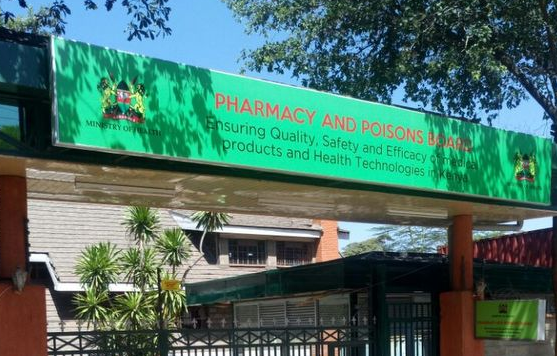
In Kenya, a nation filled with vitality and potential, the issue of urban transportation is at a crucial crossroads. As our cities continue to expand, they grapple with mounting challenges, including congestion, pollution, and the dire consequences of increased greenhouse gas emissions.
It's pivotal to shift our gears and embrace innovative, sustainable solutions. The Kenyan government must consider a dual strategy combining high-capacity buses and bicycles to significantly reduce urban carbon emissions and foster cleaner, healthier cities.
Kenya's urban centres share a common adversary: traffic congestion. The answer to this urban problem is the deployment of high-capacity buses. While not a groundbreaking concept, their pivotal role in reducing congestion and carbon emissions cannot be overstated.
This strategy necessitates comprehensive government support. It should encompass substantial investment in public transport infrastructure, the availability of affordable fares, and the utmost accessibility of bus services for every citizen. Additionally, government incentives can act as a catalyst for the private sector to contribute to providing high-capacity bus services, thus lessening the government's load.
To this end, the government should expedite the BRT project on Thika Road, Nairobi. This will set the pace for such and more efforts geared towards decongesting our roads and significantly reducing emissions. The government should encourage and promote cycling as a viable urban transportation option as it represents the face of clean and sustainable urban transformation.
Often overlooked as an option, it possesses immense potential to revolutionize our cities. This renaissance includes creating dedicated bike lanes, implementing safety measures for cyclists, launching bike-sharing programs in urban hubs, and fostering a vibrant cycling culture.
Enforcing stringent emission standards for vehicles, penalising high-emission vehicles, implementing congestion pricing during peak hours, and offering subsidies for public transit and bicycle commuting are among the strategies that would be crucial in effecting this change.
- Day out with the trash trackers of Mukuru slums
- We need to talk to our children about climate change
- Climate justice and conservation are undeniably interconnected
Keep Reading
The writer is a climate action enthusiast and a development communication specialist
 The Standard Group Plc is a multi-media organization with investments in media platforms spanning newspaper print
operations, television, radio broadcasting, digital and online services. The Standard Group is recognized as a
leading multi-media house in Kenya with a key influence in matters of national and international interest.
The Standard Group Plc is a multi-media organization with investments in media platforms spanning newspaper print
operations, television, radio broadcasting, digital and online services. The Standard Group is recognized as a
leading multi-media house in Kenya with a key influence in matters of national and international interest.




